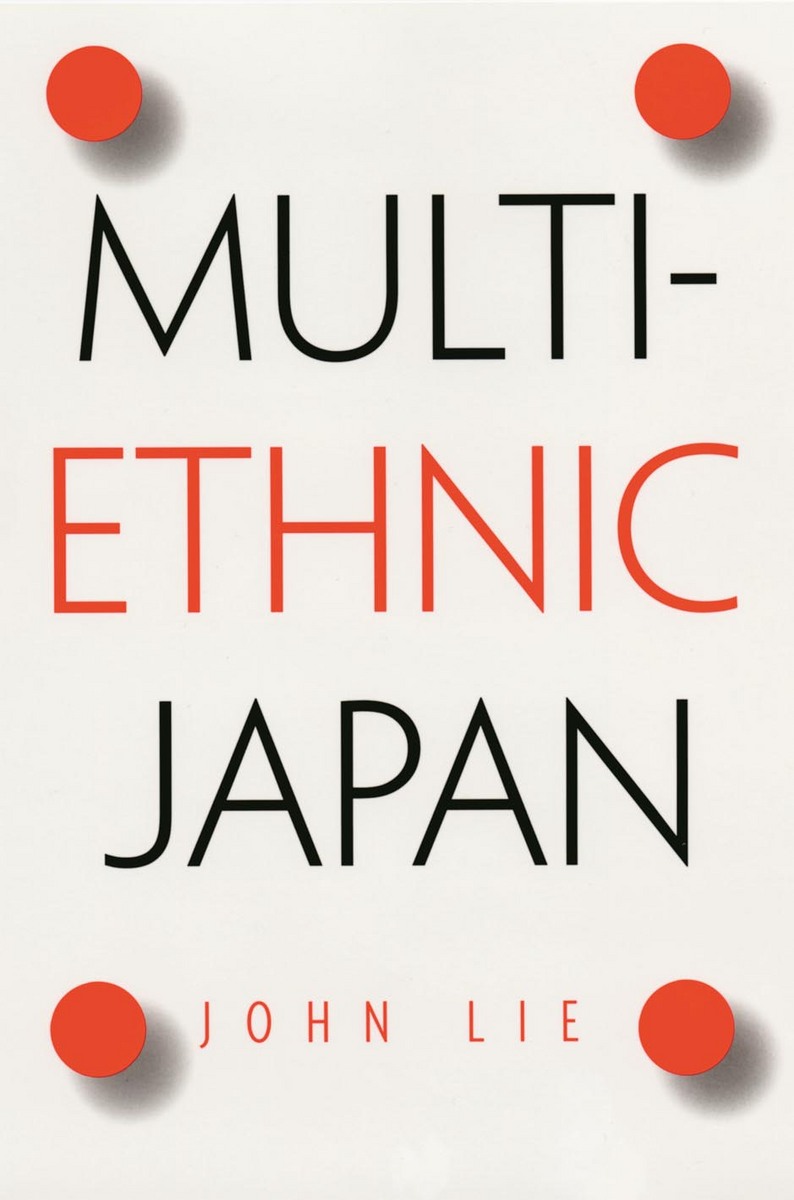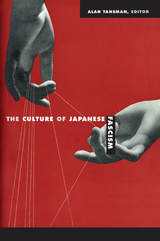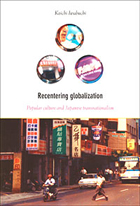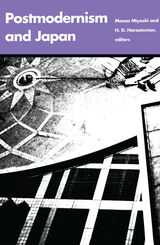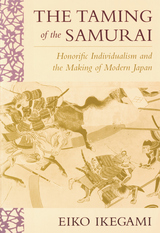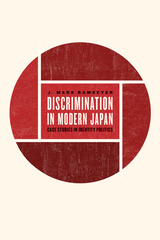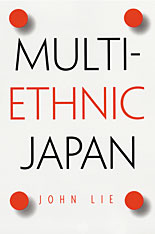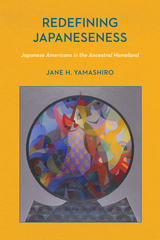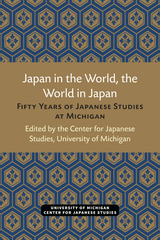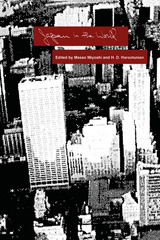Paper: 978-0-674-01358-2 | eISBN: 978-0-674-04017-5 | Cloth: 978-0-674-00299-9
Library of Congress Classification DS832.7.A1L53 2001
Dewey Decimal Classification 952.004
Multiethnic Japan challenges the received view of Japanese society as ethnically homogeneous. Employing a wide array of arguments and evidence--historical and comparative, interviews and observations, high literature and popular culture--John Lie recasts modern Japan as a thoroughly multiethnic society.
Lie casts light on a wide range of minority groups in modern Japanese society, including the Ainu, Burakumin (descendants of premodern outcasts), Chinese, Koreans, and Okinawans. In so doing, he depicts the trajectory of modern Japanese identity.
Surprisingly, Lie argues that the belief in a monoethnic Japan is a post–World War II phenomenon, and he explores the formation of the monoethnic ideology. He also makes a general argument about the nature of national identity, delving into the mechanisms of social classification, signification, and identification.
See other books on: 1868- | Aliens | Japan | Lie, John | Noncitizens
See other titles from Harvard University Press
